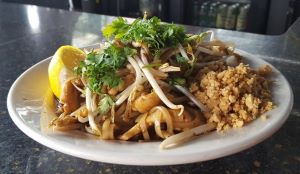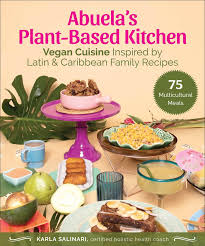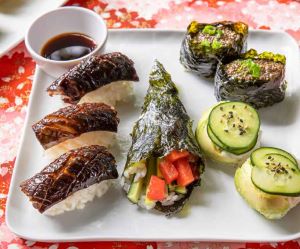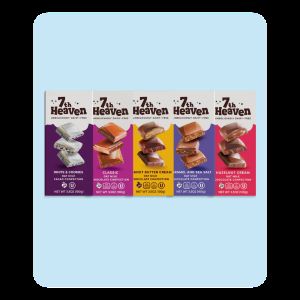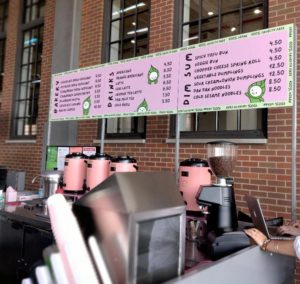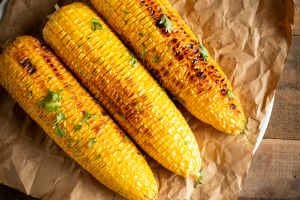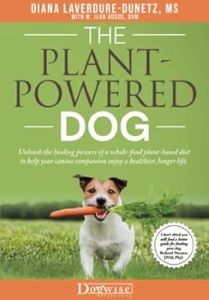Vegetarian Resource Group Vegan Networking Dinner During The Annual Academy of Nutrition and Dietetics Food and Nutrition Conference and Expo (FNCE)
Where: Sawatdee Thai Restaurant, Minneapolis, Minnesota
When: Sunday, October 6, 2024, 6 PM
Come meet dietitians from the Vegetarian Nutrition Dietetic Practice Group as well as VRG members. The public is invited. You must preregister. You can pay at www.vrg.org/donate and write in the names of attendees and that this is for the Networking dinner.
BUFFET
Appetizers: Vegetarian Spring Rolls and Fried Tofu
Main Dishes:
Red Curry with Tofu
Summer Pad Thai
Combination Vegetable Dish with broccoli, cauliflower, mushrooms, onions, napa, water chestnuts, tomatoes, and mock duck.
Plus: Brown Rice and White Rice and Coffee or tea and water
Dessert: Mango and Sticky Rice
Cost: $30 for VRG and Vegetarian Nutrition Practice Group members before September 15, 2024. $35 for others. $20 for two to ten year olds. Other drinks can be purchased from the restaurant separately.
PLEASE PAY at www.vrg.org/donate and write in the Comments: Networking Dinner with the Attendee names. Or call (410) 366-8343. Or mail payment to The Vegetarian Resource Group, P.O. Box 1463, Baltimore, MD 21203. We look forward to seeing you there.
